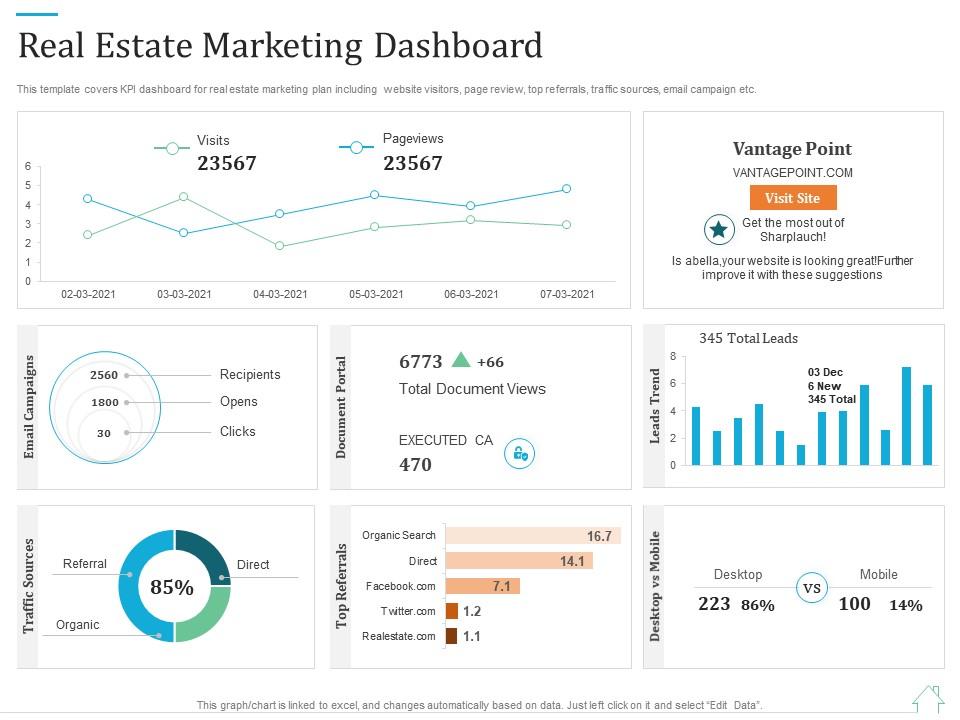Good Reasons For Picking Real Estate Marketing
Wiki Article
Real estate is a unique marketing tool. It is possible to define residential real-estate marketing as: marketing homeowners in order to encourage homeowners to sell their homes
Offer to homeowners or renters to get them to purchase an apartment.
Sell your house to buyers from the home to help you sell your client's home
Additionally, marketing yourself as real estate agents in Los Angeles is going to differ from marketing yourself locally in West Virginia. There is no universal marketing strategy that will work to get clients for real estate. It is important to think about your market, client preferences and local conditions prior to deciding on the right real estate marketing strategy. Have a look at the most popular read these real estate marketing idea blog tips.

Five Phases of Real Estate Marketing
Agents can't just get clients overnight or instantly. We must be aware that there is a universal and linear process for acquiring and retaining new business, which can be classified in five stages: Lead Generation, Lead Nurturing, Lead Conversion, Customer Service, Client Retention.
1. Lead Generation
It's the procedure of making contact with prospective real estate clients. This is the most frequently mentioned aspect of the estate marketing process, even though it's only one aspect of the overall process. Any of the listed marketing techniques can be used to generate real estate leads. Each of these strategies is capable of working. However, we suggest limit your choices to just three channels. It is also recommended to measure their effectiveness and adjusting them as time passes.
2. Lead Nurturing
Even if you've got a number of leads that are qualified, they won't do business with you. An average internet lead won't purchase or sell a house over a period of 6 to 18 months. The typical lead is converted to a client in between 8 and 12 contact points. The majority of real estate agents do not follow-up with their leads, and this is the reason they don't succeed in their marketing. If you want to succeed in the field of real estate marketing, it is crucial to keep a long-term perspective and treat your leads like family members. You should also think about treating them like family by offering consistently good service and consistent communication. Think about the perspective of your leads. They might be in the market to buy or sell a home, but aren't sure how to begin or which questions to ask. They may find you online and want to work with you, but then get distracted and lose track of you or their real estate-related goals as a result. But, if leads are nurtured by engaging them and providing the value (NOT bragging) about yourself and/or your company, they will feel more confident coming forward to you when they are ready to purchase or sell. You could also make your leads more likely to buy or sell if you take care to nurture them. We now move to the next phase. See the most popular real estate lead generation website tips.

3. Lead Conversion
Converting leads occurs when a lead becomes an agent or client. This usually happens when a listing contract is signed. This is among the most rewarding aspects of real estate but getting new clients won't happen without nailing down an effective and efficient method for generating leads, and taking care of them until they know, like and trust you and are motivated and able to buy or sell a property. Think about how you can gain trust and offer worth to your leads so that you can convert them to a higher level. Sending a video to your leads to increase the client-to-lead conversion rate. It could include advice for interviewing agents as well as details about the qualities to look for in a great agent.
Provide the CEO with a personal testimonial video of your customers from the past.
Contact the person who leads you that includes the full description and timeframe of what it would be like to list their house.
Create a similar market analysis and/or a local market analysis for the lead. discuss it with them at the listing appointment to ensure they feel well-informed.
4. Client Servicing
This stage focuses on working with customers to help them to achieve their real estate objectives. The reason why this is an aspect of real estate marketing is because your goal should be to satisfy your customers so well that they'll want to recommend their friends and family to hire you too. Referring clients is free and has a high percentage of conversion, since they are from experienced trustworthy sources.

5. Client Retainment
It is possible to spend five times more to find an additional customer than it does to keep an existing customer (source Elasticpath.com). Real estate marketing is all about retaining customers. This is especially true when you already have a book of clients. Following up after the sale is crucial to keep clients. We suggest calling your clients one day, one week and one month following a transaction to check in and verify that they've transitioned into the home seamlessly. If they're experiencing difficulties, you can help them.
Client Nurturing. Provide valuable information (emails and mailers, invitations, news or insights, etc.) Regularly.
These two steps can make clients feel more secure about their purchases, and help to keep you in the forefront of mind with their needs. When they're ready to buy or sell their house again or recommend someone else who is ready to make the move and they'll be more likely to think of you. Visit soldouthouses.com today!